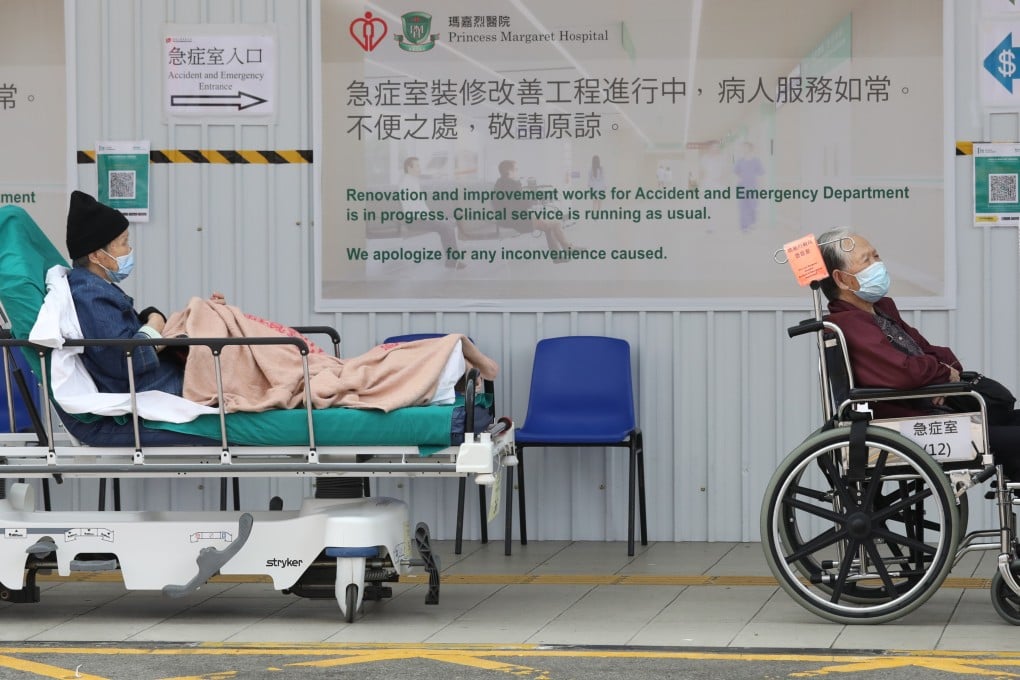‘Biggest healthcare reform in a decade’? John Lee expected to reveal separate primary authority to ease burden on Hong Kong’s public hospitals
- Major move to boost community healthcare could be announced by chief executive in policy address
- New statutory body expected to have own funds and power to make decisions independently

Hong Kong will create a new primary healthcare authority with an independent budget to ease the burden on the public sector, a move medical industry veterans describe as the biggest reform in a decade, the Post has learned.
This could be a highlight of Chief Executive John Lee Ka-chiu’s maiden policy address on 19 October, sources said, adding the city’s primary care blueprint will offer more support for community-based training of nurses and encourage closer collaboration between medical and social care professionals.
“I am full of hope,” said family medicine specialist Dr Donald Li Kwok-tung, chairman of the Elderly Commission, when asked to comment on the expected change.
“For too long, care in Hong Kong has been too focused on hospitals rather than in the community. With this change in the funding and incentive structures, Hongkongers will enjoy a much wider spectrum of services and hopefully, better health as a result.”
Primary healthcare is the first point of contact for individuals and professionals, focusing on health promotion, disease prevention and management, and supportive care. Successful primary healthcare ultimately reduces the burden on hospitals.
A high-level steering committee on primary healthcare development and a pilot district health centre scheme was announced by previous city leader Carrie Lam Cheng Yuet-ngor in her first policy address in 2017.

Since 2019, district health centres and smaller “DHC expresses” have been set up in all 18 districts, providing a range of services from health assessments to promoting diet and exercise, help with managing chronic diseases and rehabilitation for stroke patients.